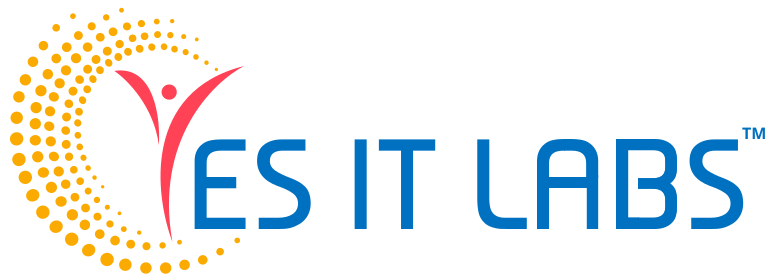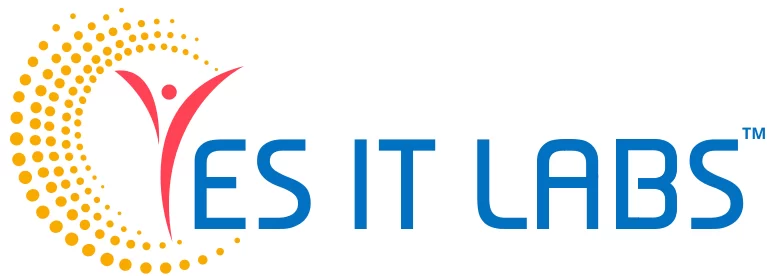Every tech startup needs a strong online presence, but choosing the right platform can be a game-changer. WordPress powers over 40% of the web, making it one of the most popular content management systems (CMS) available. But is it the right choice for your tech startup? If you’re looking for a WordPress development company in USA, you might be wondering whether WordPress can support your business’s unique needs.
While WordPress is widely praised for its flexibility and ease of use, it also has limitations that entrepreneurs should consider before committing to it. This guide explores whether WordPress is a good fit for a startup and examines its strengths and weaknesses for fast-growing businesses.
Pros of Using WordPress for a Tech Startup
1. User-Friendly CMS
WordPress is designed to be intuitive and easy to use, making it an ideal choice for entrepreneurs who lack technical expertise. The admin dashboard is clean and simple, allowing users to manage content, publish blog posts, and update pages without needing to write code. Features like the block editor (Gutenberg) make it easier to create visually appealing content using drag-and-drop functionality.
Additionally, WordPress offers a vast library of online tutorials, making it accessible even for beginners. If you don’t have in-house technical expertise, you can hire WordPress developer to help with setup, customization, and ongoing maintenance, ensuring your website runs smoothly without technical hurdles.
2. Extensive Plugin Ecosystem
One of WordPress’s biggest advantages is its vast plugin ecosystem. There are thousands of free and premium plugins available to enhance your website’s functionality. Whether you need advanced SEO tools (like Yoast SEO), eCommerce solutions (such as WooCommerce), security enhancements (Wordfence), or performance boosters (WP Rocket), there’s a plugin for nearly every requirement.
This means startups can add essential features without requiring custom development, saving both time and money. Additionally, plugins are regularly updated by their developers, ensuring compatibility with the latest WordPress versions and improving security and performance.
3. SEO-Optimized for Growth
For startups looking to scale, SEO is a critical factor in driving organic traffic. WordPress is inherently SEO-friendly, with clean code, customizable permalinks, and built-in blogging capabilities that search engines favor. Additionally, WordPress supports powerful SEO plugins like Yoast SEO and Rank Math, which help optimize content, meta descriptions, keyword density, and more.
These tools provide real-time suggestions to improve on-page SEO, making it easier for non-experts to create search-engine-friendly content. If your startup lacks in-house SEO expertise, you can hire expert web developers who specialize in WordPress SEO to ensure your site ranks well and attracts potential customers.
4. Responsive Design & Mobile-Friendliness
With more than half of web traffic coming from mobile devices, having a responsive website is no longer optional—it’s a necessity. WordPress offers thousands of mobile-optimized themes that ensure your website looks and functions perfectly on smartphones, tablets, and desktops. These themes automatically adjust to different screen sizes, providing a seamless user experience across all devices.
Additionally, Google prioritizes mobile-friendly websites in its rankings, so using a responsive WordPress theme can positively impact your SEO performance. For startups that want a custom mobile experience, WordPress allows for extensive modifications through custom themes and plugins.
5. Open-Source Flexibility
As an open-source platform, WordPress offers unlimited customization possibilities. Unlike proprietary website builders that impose restrictions, WordPress allows developers to modify its core files, integrate third-party APIs, and create custom functionalities tailored to specific business needs. This flexibility makes it a great option for startups that anticipate scaling and evolving over time.
Furthermore, the open-source nature of WordPress means a vast global community of developers continuously improves and updates the platform, ensuring security, performance, and new features. If you require advanced customization, partnering with a WordPress development company in USA can ensure your website is tailored to your business model, supporting your long-term growth and success.
Cons of Using WordPress for a Tech Startup
1. Customization Requires Technical Expertise
While WordPress offers flexibility, extensive customization often requires coding knowledge. Many pre-built themes provide a great starting point, but if your startup needs a highly unique design or complex functionality, you will need to modify the code, adjust CSS, and implement custom PHP scripts.
Without technical expertise, these modifications can be challenging, and errors in the code may break your website. If you don’t have an in-house development team, it may be necessary to hire web developers to build custom solutions, integrate third-party services, and ensure a smooth user experience.
2. Frequent Updates & Compatibility Issues
WordPress regularly releases updates to improve security, fix bugs, and introduce new features. While this ensures the platform remains up to date, frequent updates can sometimes cause conflicts with installed plugins and themes.
If a plugin developer hasn’t updated their product to align with the latest WordPress version, it may stop functioning properly or introduce errors. Startups relying on multiple plugins may need to conduct regular testing and maintenance to ensure everything continues to work smoothly. Additionally, updates can sometimes reset custom settings, requiring additional time and effort to restore configurations.
3. Security Risks
Because WordPress is open-source and widely used, it is a common target for hackers. Vulnerabilities in outdated plugins, poorly configured security settings, or weak passwords can expose a website to cyber threats such as malware, brute-force attacks, and phishing attempts.
Startups handling sensitive user data or financial transactions must take extra precautions, such as installing SSL certificates, using security plugins like Wordfence, setting up two-factor authentication, and choosing a secure hosting provider. Regular security audits and backups are essential to mitigating these risks and ensuring website stability.
4. Performance Challenges for Scaling
While WordPress is capable of handling high traffic, poor optimization can result in slow page load times, negatively impacting user experience and SEO rankings. Common performance issues include excessive plugin usage, unoptimized images, and shared hosting limitations.
For startups anticipating rapid growth, it’s crucial to invest in scalable hosting solutions, use caching plugins like WP Rocket, and implement Content Delivery Networks (CDNs) to enhance loading speeds. Performance testing tools like Google PageSpeed Insights can help diagnose and resolve issues before they impact visitors.
5. Lack of Dedicated Customer Support
Unlike proprietary website builders that offer 24/7 customer support, WordPress does not have an official support service. While there is a vast community of developers, forums, and documentation available, troubleshooting issues can be time-consuming, especially for non-technical users.
If a startup encounters a critical problem, finding a solution may require hiring a WordPress expert or contacting third-party developers for assistance. Having a dedicated support plan or partnering with a WordPress development company in USA can help ensure quick problem resolution and minimize downtime.
Is WordPress Right for Your Startup?
WordPress is a great choice for startups that need a cost-effective, SEO-friendly, and easy-to-manage website. However, if your startup requires complex functionalities, handles large-scale data, or needs enterprise-level security, a custom-built solution may be more suitable.
When WordPress is a Good Fit:
- Content-driven startups (blogs, news platforms, knowledge bases)
- SaaS startups needing a marketing site
- Early-stage startups requiring a quick MVP launch
When You May Need a Custom Solution:
- Startups handling large-scale user data (e.g., fintech, marketplaces)
- Platforms requiring advanced integrations or unique functionalities
- Companies prioritizing high-end security and performance
Final Thoughts: Making the Right Choice
Before deciding, assess your startup’s short-term and long-term needs. If WordPress aligns with your goals, ensure you invest in the right hosting, security, and development resources. If not, consider hiring a custom software development service to build a scalable, secure, and high-performance solution tailored to your business.
Need expert advice? Connect with a software development company in the USA to explore the best approach for your startup’s success.







